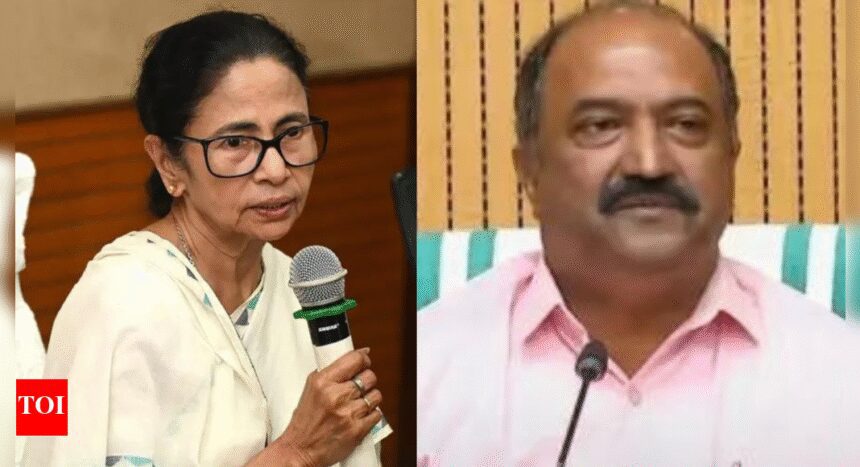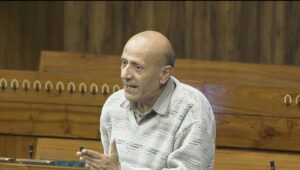Kolkata/Thiruvananthapuram: Leaders in West Bengal and Kerala expressed support for the reduction in Goods and Services Tax (GST) rates aimed at alleviating household costs. However, they raised concerns about the significant revenue losses states would incur, accusing the central government of shifting the burden onto them while claiming credit for the reforms.
West Bengal Chief Minister Mamata Banerjee announced on Monday that her state would face an estimated loss of ₹20,000 crore due to the GST rate cuts. Despite her support for consumers, she questioned how the state could sustain operations under these financial constraints. “No compensation was provided to states for the reduced GST rates; the funds were simply deducted from our GST share,” she stated during the inauguration of a Durga Puja in Kolkata. Banerjee emphasized her intent to inform the public about their losses through advertising, stating, “This is no credit to the central government.” She had previously advocated for an exemption of insurance from GST and highlighted discrepancies such as the GST application on cumin but not on diamonds.
Trinamool Congress national general secretary Abhishek Banerjee further criticized the situation, questioning Prime Minister Modi’s declaration of “GST Bachat Utsav” (GST Savings Festival) and referring to it as a “GST Loot Utsav” since 2017.
In Kerala, Finance Minister KN Balagopal projected a potential revenue loss ranging from ₹50,000 crore to ₹2 lakh crore, which could critically impact social security pensions, salaries, and development initiatives. He noted that GST contributes to 41% of overall state income, making the anticipated losses particularly severe. Balagopal accused the central government of implementing policies without adequate analysis and cautioned that companies might not pass the tax savings onto consumers, a concern acknowledged by various Union ministers.
Both states highlighted the financial strain that the GST rate reductions will likely impose, indicating ongoing challenges in managing economic stability and funding essential services.










